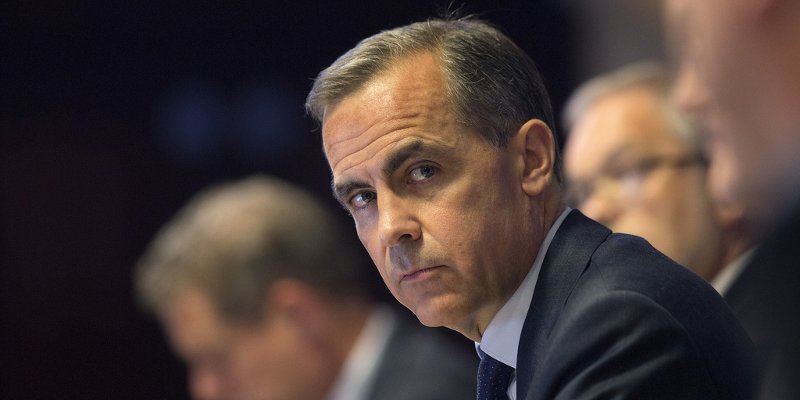When the Monetary Policy Committee held interest rates in September no one was surprised.

Pete Thomson is sales and marketing director at The Mortgage Lender
When the Monetary Policy Committee held interest rates in September no one was surprised.
But dig a little deeper into the commentary and it’s clear the Committee is gearing up to raise interest rates, potentially before the end of the year.
BOE Governor Mark Carney (pictured) said: “In order to ... return inflation to that 2% target in a sustainable manner, there may need to be some adjustment of interest rates in the coming months.
“Now, we will take that decision based on the data. I guess that possibility has definitely increased.”
So, what does this mean for brokers and the conversations they are having with borrowers?
We conducted some research in July this year and asked which products brokers were recommending.
Two-year fixed rates came out as the most popular closely followed by 5-year fixed rates.
I wonder if we did the same research now whether the product mix will have skewed more towards the 5-year fixes in anticipation of interest rate rises.
Or, indeed, if brokers are now looking at 10-year fixes to provide greater certainty with Brexit looming and potentially turbulent times in the housing market.
The answer will be different according to an individual’s circumstances and there are pros and cons with each rate type.
We know that fixed rates are usually more expensive than trackers or variable rates. And fixed rates don’t usually offer the same flexibility as some variable rates do to customers, with their early repayment charges. However, they remain the preferred option for customers, reinforcing the suggestion that the preference really is for certainty over cost.
But with a rate rise now expected before the end of the year it could be a good time to identify borrowers coming towards the end of a deal and let them know what’s on the horizon.



